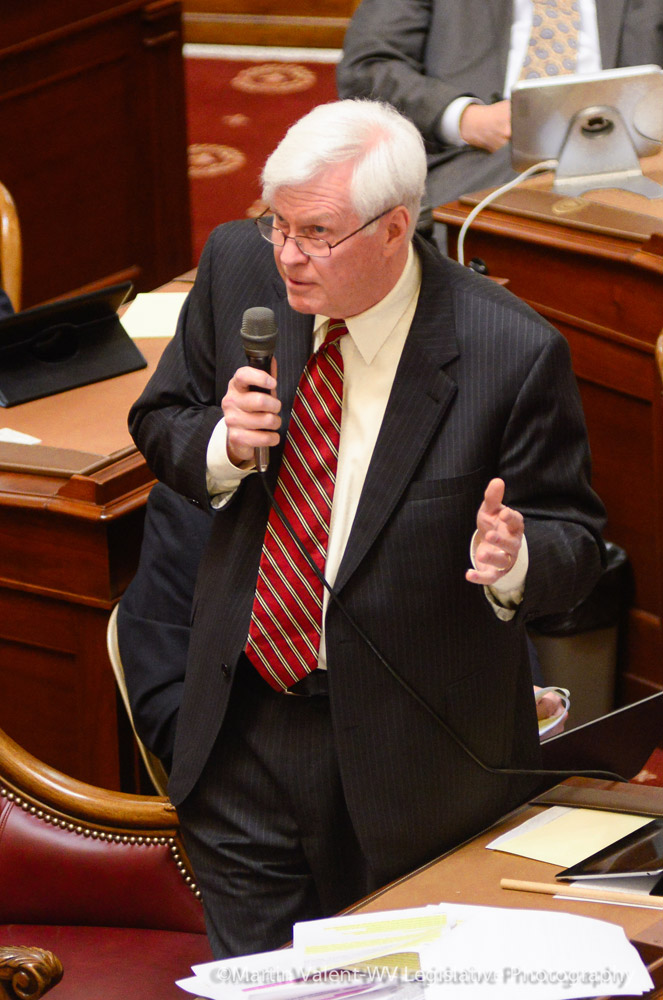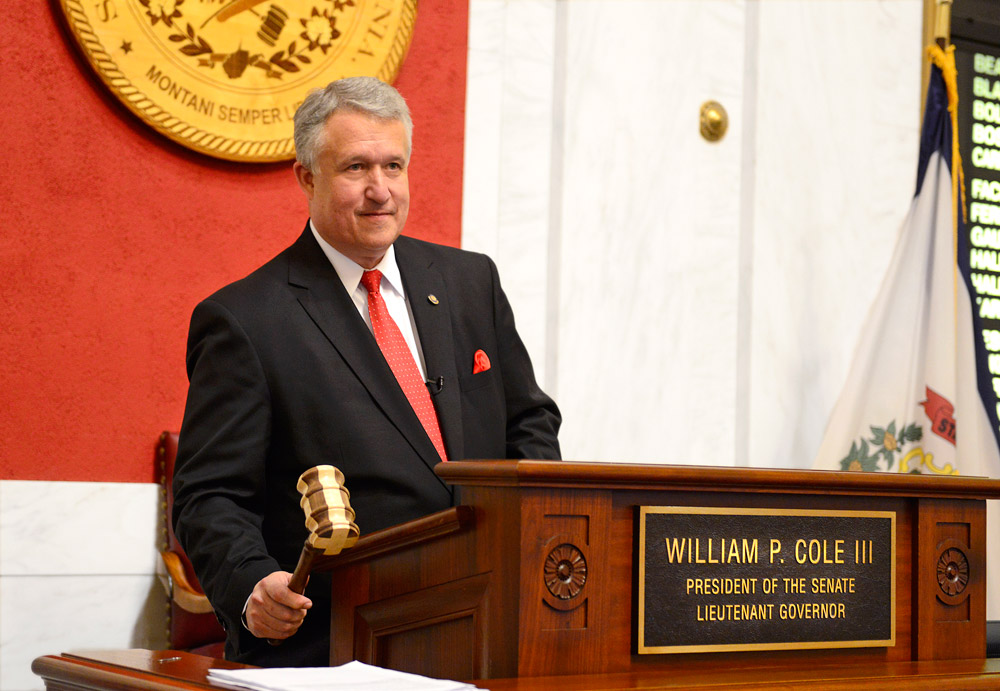
During today’s floor session, the Senate completed action on 15 bills, including Senate Bills 19 and 583. Senate Bill 19 would specify minimum early childhood education program education days, and Senate Bill 583 would increase tax rate on providers of certain nursing facility service.
The Senate also passed 12 bills, including House Bill 2016, pertaining to the state budget. The budget bill was taken up for immediate consideration, and with suspension of the constitutional rules, the bill was read three times and passed. House Bills 2366 and 2479, which were on third reading, were laid over for one day.
After receiving messages from the House, The Senate refused to concur in House amendments on Senate Bill 192, authorizing Department of Transportation promulgate legislative rules, and requested that the House recede. The Senate also refused to recede from their amendments on House Bill 2368, relating from child welfare, and appointed a conference committee for the bill.
Twenty bills on second reading were advanced to third, and House Bill 2636 was deferred to until the foot of second reading.
The Senate is in recess until 7 p.m.
UPDATE:
The Senate reconvened this evening, completing action on four bills following concurrence in House amendments, including Senate Bill 12. SB 12 relates to payment of separated employee’s outstanding wages.
Action was reconsidered on Senate Bill 435, creating WV Sheriffs’ Bureau of Professional Standards. The Senate repassed the bill as a result of the Governor’s veto, and now awaits the House to concur.
The Senate concurred with amendments on Senate Bill 323, relating to municipal home rule. The body refused to concur with the House on Senate Bills 170 and 518. SB 170 would authorizing Bureau of Commerce promulgate legislative rules. SB 518 would permit county and municipal economic development authorities invest certain funds
A conference committee was called for House Bill 2939 after the Senate refused to recede. HB 2939 relates to requirements for mandatory reporting of sexual offenses on school premises involving students.
Senate Bill 2636, exempting information contained in a concealed weapon permit application from the Freedom of Information Act, was advanced to third reading.
The Senate is adjourned 10:30 a.m. tomorrow.



